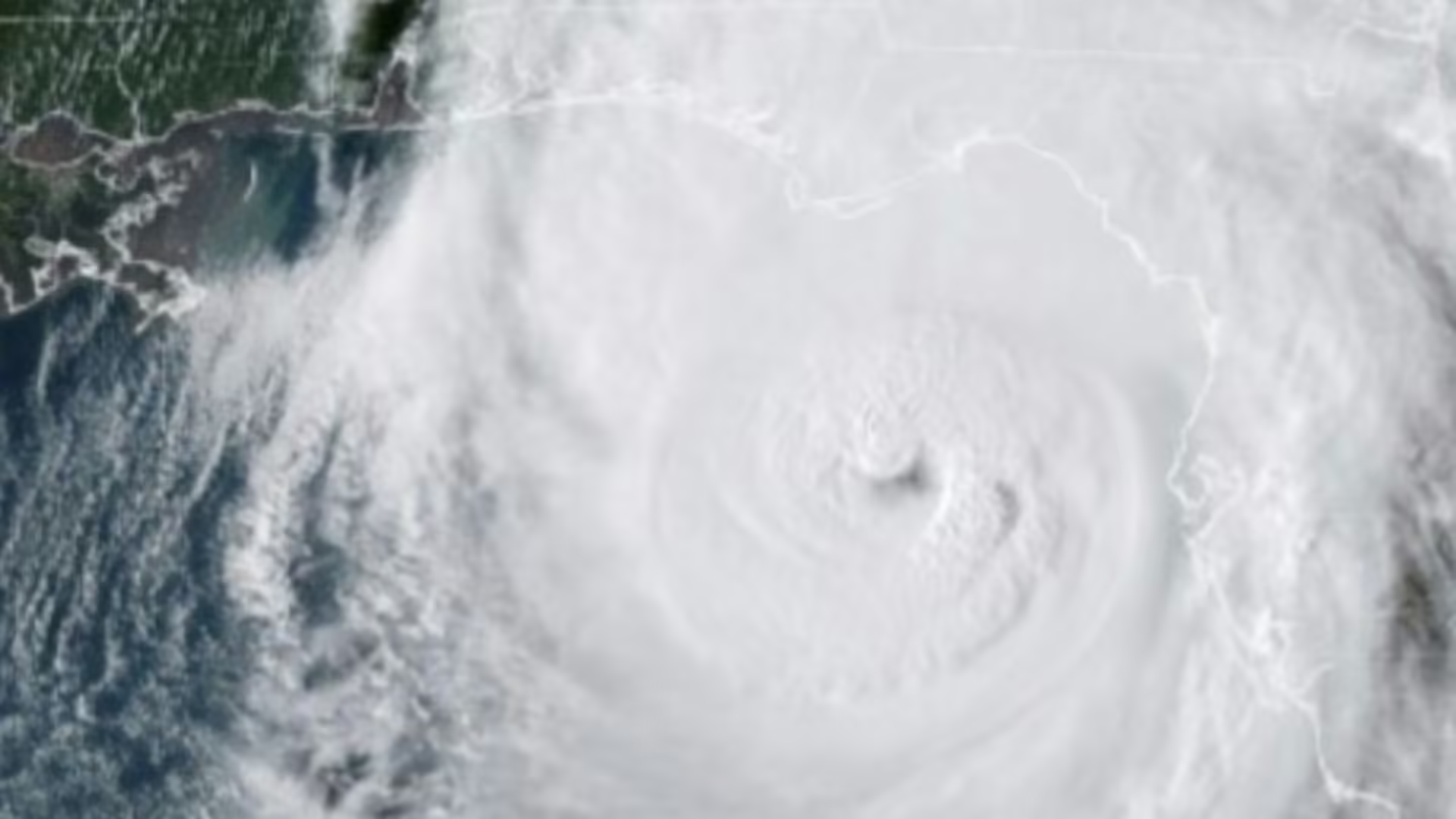My heart and thoughts go out to everyone affected by Hurricane Helene. As the human mind works, this hits extra hard because North Carolina is home to FRG and many friends and colleagues.
We are only just beginning to see the extent of the damage, not in the least because a lot of the impacted areas have been completely cut off, both physically and digitally. And while the immediate disaster might have subsided there are many effects that will follow in the days, weeks, and months to come.
The media has been filled with devastating images and personal stories and numbers and figures on the magnitude of what happened and what it will take to recover, which we already know will be far more than expected.
And that is a stark reminder that the expected is at best (and in the truest sense of the word) average because:
-
Normal predicts normal. We rely on models that have smooth mathematical properties that make them operational, and those properties are often based on assumptions that are okay under normal circumstances but in extreme situations, not so much.
-
We measure risk as the product of likelihood and impact. The impact of an extreme event might be huge, but since it is not very likely, we assume it evens out.
-
The past is our best predictor of the future. Our brains hurt when we try to imagine something that has never happened before, let alone articulate it in a context where we can use it. Black swans and so forth.

That all vibes very not great with climate risk.
This week, Bloomberg brought a piece saying that every US state has been hit by at least one natural disaster, hurricane, drought, flooding, wildfire, severe and/or winter storm, costing more than $1BN from 2019-2024. And these events have accelerated.

Also, WSJ brought a piece saying that even if you have homeowners’ insurance, it might not cover enough because many of us think of the insurance as a one-and-done thing and do not go back and update it with repairs and renovations.
Also, insurance coverage is most often based on home value and not the cost of repair, which could be very different.
Lastly, the damage can extend far beyond the home itself to the wider community infrastructure.
And The Atlantic brought an article pointing out that homeowners’ insurance does not include flood insurance. If your house is not in a high-risk area, flood insurance is not required.
Most of the areas impacted by Hurricane Helene in North Carolina were not deemed high risk according to FEMA flood maps.
However, the flood maps are based on history and do not capture flooding from heavy rain into rivers, also known as fluvial flooding, only flash (pluvial) flooding and storm surges.
Suffice to say, we could use—and are working on—some better ways of predicting the extreme.
And if you want to help right now, please consider donating to the North Carolina Disaster Relief Fund.
Thank you.
Regitze Ladekarl, FRM, is FRG’s Director of Company Intelligence. She has 25-plus years of experience where finance meets technology.
This article is part of the FRG Risk Report, published weekly on the FRG blog. To read other entries of the Risk Report, visit frgrisk.com/category/risk-report/.
